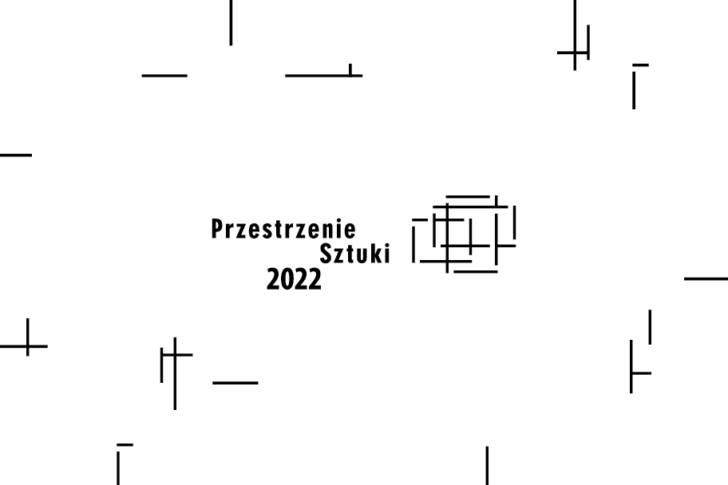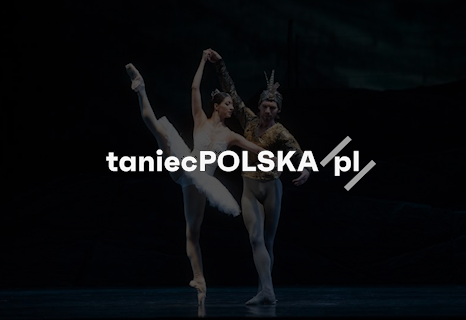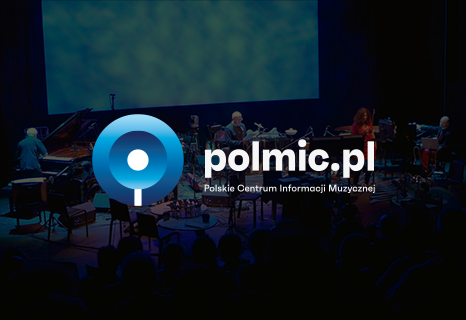
Close on three and a half thousand events activating local communities, more than four thousand artists engaged in the activities and several hundred thousand enthusiastic spectators – these are the key figures that have characterised the operations of the Spaces of Art (Przestrzenie Sztuki) ever since the programme was founded two years ago. The Spaces of Art are interdisciplinary centres providing the theatre and dance artists with a stable place where they can realise their professional creations. The Dance Spaces (Taneczne Przestrzenie) have been set up in the cities of Białystok, Katowice, Kielce, Lublin and Łódź, and the Theatre Spaces (Teatralne Przestrzenie) in such places as Lublin, Łódź, Olsztyn, Rzeszów and Zielona Góra. What does this year’s edition of the Programme hold in store for us?
The premise of the Programme is based on four pillars – artistic, educational, social and health-promoting (as far as dance is concerned). The principal task of the Programme operators (administrators) is to provide independent artists and local communities with a platform where they can showcase their works, to broaden the educational and organisational offer and to enhance the competences
– The Spaces of Art programme is a step on the path of fulfilling the dreams of the dance community, which is having their own infrastructure, similar to the one found in the spheres of music and theatre. It is a response to the community’s pleas, referring, in particular, to a place for a permanent development of the independent dance creators. In addition, it is also a tool for the promotion of dance in local communities through artistic, educational, social and health-promoting dance activities. In 2020-2021, the Spaces of Art initiatives spanned more than 3400 events activating the local communities, which engaged almost 4400 artists. These endeavours also drew 240 institutions and partner establishments. The figures clearly show that the Programme needs to be continued (the necessity is deeply felt amidst the dance artists) and how influential it has been for the lives of the local communities – says Karol Urbański, Deputy Director of the National Institute of Music and Dance.
What are the next few months going to bring?
Especial care will be taken to fulfil the main aims of the Programme, which is to provide the independent artists with a genuine space of activity, to publicise their works (and their significance) and to put more emphasis on what may be termed ‘micro-heritage’. Due to the pandemic, the previous two years were already difficult for the cultural ecosystem of the world. They showed that, with relatively small budgets, not only a variety of multiple enterprises can be realised but also that the ever growing list of local creators and their immediate public recipients can be engaged in them. This state of affairs is partly due to the advantage having been taken of the existing infrastructure (which significantly lowers the costs of the realised activities) and the efficient networking of the, frequently, dispersed groups of creative individuals and organisations as well as the audiences.
The scale and strength of the grass-roots potential of the Programme have been exemplified by the sheer number of the people who assisted with the creation and realisation of all the enterprises: 2450 (including close to 650 volunteers).
We’re going to keep following that path: strengthen the local bonds, build connections amongst the operators that will result in a very significant movement of the projects, and also expand the network of volunteers. After the pilot scheme and the first year of the Spaces of Art’s operations, we can observe the emergence of an enthusiastically responsive community centred around the project – energetic people who are interested in the development of the Programme and who desire to take part in its subsequent evolution. We have managed to achieve it all during the pandemic, a highly unfavourable time for the movement of people and for social life in general. We believe that the following months will bring us a more favourable period, which will be much more satisfying to all of us, especially the spectators and artists – says Jadwiga Majewska, a coordinator of the Theatre Spaces of Art on behalf of the Zbigniew Raszewski Theatre Institute.
In 2022, the Spaces of Art (Przestrzenie Sztuki) will once more offer all kinds of performances, including world premieres, undertake social and educational initiatives in the form of classes addressed to all ages and competence levels, and organise the support of independent artists in the form of artistic residencies and projects promoting the development of teaching skills and qualifications.
The Spaces of Art (Przestrzenie Sztuki) programme is funded by the Polish Ministry of Culture and National Heritage, and managed by the National Institute of Music and Dance and the Zbigniew Raszewski Theatre Institute.
OPERATORS:
Białystok
Operator: Opera i Filharmonia Podlaska – Europejskie Centrum Sztuki w Białymstoku, Podlaskie Stowarzyszenie Tańca
Katowice
Operator: Katowice Miasto Ogrodów – Instytucja Kultury im. Krystyny Bochenek, Akademia Muzyczna im. Karola Szymanowskiego;
Partners: Imagination Space Center, Fundacja Jazdaa Polska!, Teraz/ Now Collective (Holland), the informal artist group Vagabond Physical Collective, Tera Ino Tera
Kielce
Operator: Kielecki Teatr Tańca (municipal art institution)
Lublin
Operator (dance and theatre): Cultural Centre in Lublin
Łódź
Operator (dance): Materia
Partners: Grażyna and Kiejstut Bacewicz Academy of Music in Łódź, Poleski Ośrodek Sztuki, Łódź City Hall
Operator (theatre): Fabryka Sztuki, Stowarzyszenie Teatralne Chorea
Olsztyn
Operator: Stefan Jaracz Theatre
Rzeszów
Operator: Wanda Siemaszkowa Theatre
Zielona Góra
Operator: Lubuski Theatre in Zielona Góra
Persons to contact:
Dr Aleksandra Kleinrok, project coordinator (DANCE)
E-mail: aleksandra.kleinrok@nimit.pl
Jadwiga Majewska, project coordinator (THEATRE)
E-mail: jmajewska@instytut-teatralny.pl
Media contact:
Agata Szymczak, head of the Communication Office at the National Institute of Music and Dance
E-mail: agata.szymczak@nimit.pl / +48 785 310 000
Łukasz Orłowski, head of the Department of Communication and Promotion at the Zbigniew Raszewski Theatre Institute
E-mail: lukasz.orlowski@instytut-teatralny.pl / +48 604 102 721

